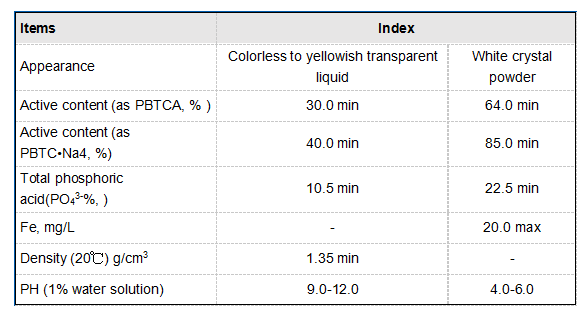Chloromethyl Isothiazolinone Understanding Its Uses and Safety in Industrial Applications
Chloromethyl Isothiazolinone An Overview of Its Use and Safety
Chloromethyl isothiazolinone (CMIT) is a synthetic chemical compound widely used as a preservative in various industrial and consumer products, particularly in cosmetics, personal care items, and household goods. As a member of the isothiazolinone family, CMIT acts effectively as a biocide, preventing the growth of bacteria, fungi, and algae in aqueous formulations, which are prone to contamination. This article explores the applications, benefits, and safety concerns associated with chloromethyl isothiazolinone.
The primary function of CMIT is to extend the shelf life of products by inhibiting microbial growth. This is particularly crucial in water-based products such as shampoos, lotions, and cleaning agents, where the presence of water can lead to the rapid proliferation of microorganisms. By adding CMIT to such products, manufacturers ensure they remain safe and effective for consumers, reducing the risk of spoilage and contamination.
Moreover, due to its high efficacy even in low concentrations, CMIT is considered an economical choice for manufacturers. It is often used as part of a broader preservative system, sometimes combined with other agents to enhance effectiveness and broaden the spectrum of protection against microbial threats. The versatility of CMIT allows it to be integrated into various formulations, making it a valuable ingredient in the cosmetics and personal care industries.
chloromethyl isothiazolinone

However, the use of chloromethyl isothiazolinone has sparked safety concerns over the years. Studies have linked CMIT exposure to allergic reactions, skin sensitization, and other health issues. The European Union has classified CMIT as a substance of very high concern, meaning that it poses significant risks to human health or the environment. In response to these safety concerns, regulatory agencies around the world have implemented restrictions on its use. For instance, the concentration of CMIT in cosmetic products is limited in several jurisdictions to mitigate the risk of adverse effects.
The controversy surrounding chloromethyl isothiazolinone emphasizes the importance of consumer awareness regarding the ingredients in personal care products. Many consumers are now actively seeking products that are free from problematic preservatives, including CMIT, opting instead for alternatives that are perceived as safer and more natural. This shift in consumer behavior has prompted manufacturers to reformulate their products, often substituting CMIT with other preservation systems or natural alternatives.
In conclusion, chloromethyl isothiazolinone serves a critical role in preventing microbial growth in various products, thereby enhancing their safety and longevity. While its effectiveness makes it an appealing option for manufacturers, growing concerns about health risks have led to increased scrutiny and regulatory action. Consumers should remain informed about the ingredients in their products and advocate for safer formulations. As the industry evolves, the challenge remains to balance efficacy and safety in the use of preservatives like CMIT, ensuring that products remain both effective and safe for consumer use.
-
Understanding Polycarboxylic Acids: Properties, Applications, and Future PotentialNewsJul.28,2025
-
Scale Inhibitor Explained: How to Protect Your System from Limescale and Hard Water DamageNewsJul.28,2025
-
Scale and Corrosion Inhibitors: Essential Chemicals for Industrial Water System ProtectionNewsJul.28,2025
-
Polyaspartic Acid: A Biodegradable Polymer for Sustainable ChemistryNewsJul.28,2025
-
Isothiazolinones: A Versatile Antimicrobial Class with Industrial Power and Regulatory ChallengesNewsJul.28,2025
-
A Deep Dive into 2-Phosphonobutane-1,2,4-Tricarboxylic Acid (PBTC)NewsJul.28,2025





